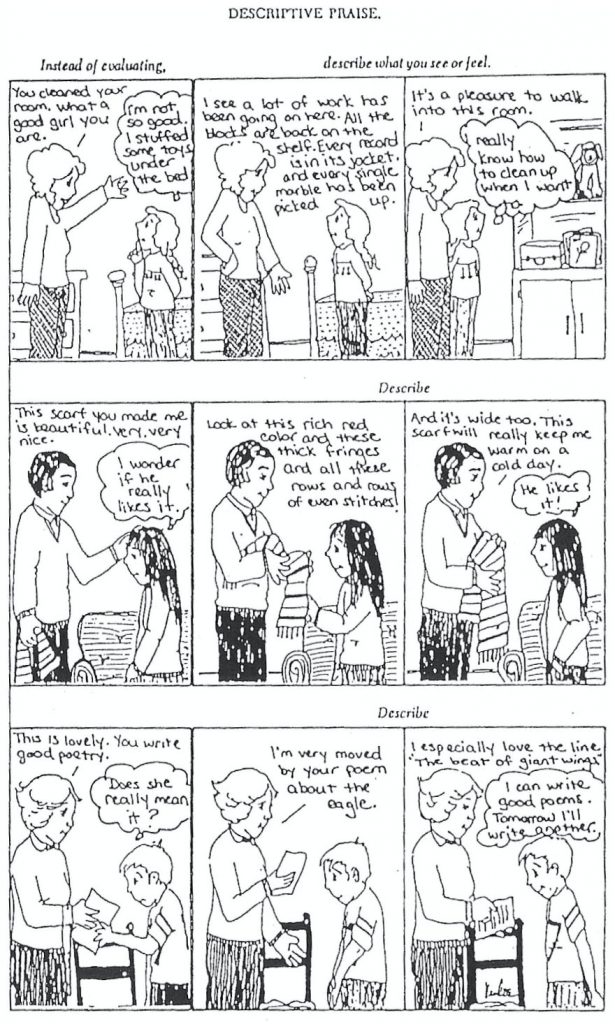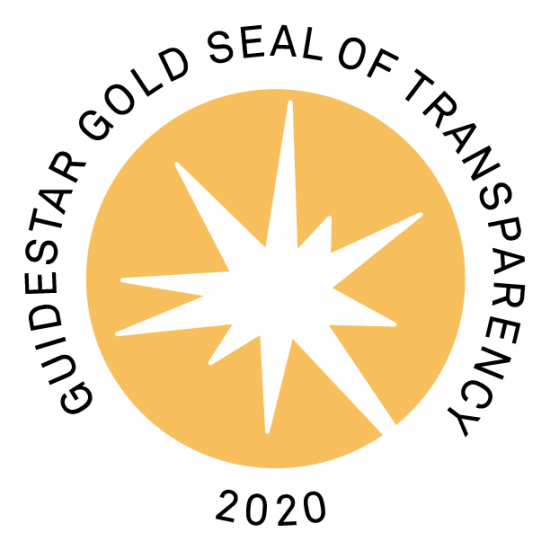VOLUNTEER TRAINING
We provide a variety of creative programs, most of which are art and movement based. Telling participants that “you love” their drawing or something that they have accomplished seems natural and often comes out automatically. Although this is usually a positive comment, it is also a judgment that sets them up to want approval from others.
Participants may limit their creativity or become more competitive to hear you praise them again. Others may hear you praising a participant but not them and may feel left out or not as good.
- Praise is different than authentically loving and caring.
- Praise can be used to control or encourage the behavior we want, taking advantage of people’s natural hunger for approval from others.
- Rather than bolstering self-esteem, praise sets up dependency on us to feel good about themselves.
- It encourages them to rely on our opinions of what is good or bad about themselves and the world.
- Using praise is different from working by engaging them in conversation about their opinions or just being present with them.
Remember being present is a way to show participants that you care. Sometimes the best environment for creativity can be created when you are silent! Since this is not always practical, here are some things you can say instead when you feel the urge to gush.
- “Tell me about this picture”
- “You figured out how to do this all by yourself”
- “Which one of these is your favorite?”
- “I can see you really spent some careful time on this”
- “I like the way you used your colors”
- “I can see you really used your eyes when you drew this. You have so many good details here.”
- “What a vibrant blue you’ve got here!”
Recognizing their effort in trying something new, in going further than they imagined, in working well with others, are some more specific ways of expressing encouragement and having the participants “own” their accomplishments.

